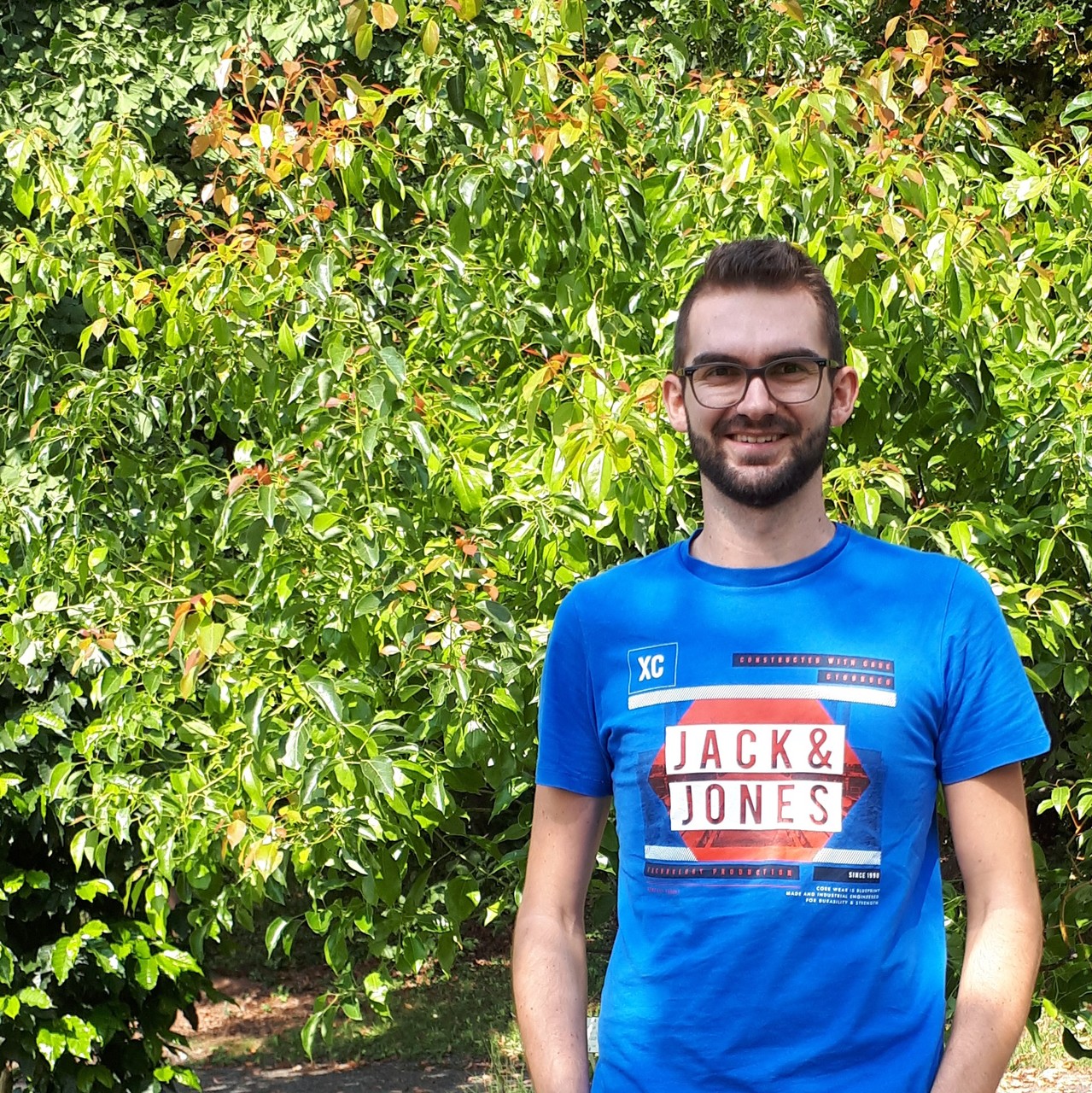Research interests
- Chemical ecology
- Bee health
- Land-use effects on wild bees
- Pollination

Scientific projects
Effects of anthropogenic land-use on communication and health of wild bees
Pollination is the most important ecosystem service bees carry out for human benefits. Honeybees, bumblebees and solitary bees, which are the most important actors in pollination, are threatened by a lot of different factors these days. Several studies named limited food and habitat resources, agrochemicals, pathogens and parasites as well as climate change as main drivers of declining species richness and abundance.
My PhD thesis focusses on anthropogenic land-use intensity and the effects on health and communication of different species of wild bees. I want to investigate the effects of single land-use stressors and their effects on communication and health status in wild bees.
Publications
Birkenbach M, Straub F, Kiesel A, Ayasse M, Wilfert L & Kuppler J (2024). Land-use affectspollinator-specific resource availability and pollinatorforaging behaviour. Ecology and Evolution 14: e11061. https://doi.org/10.1002/ece3.11061
Straub F, Birkenbach M, Leonhardt SD, Ruedenauer FA, Kuppler J, Wilfert L, Ayasse M (2023). Land-use-associated stressors interact to reduce bumblebee health at the individual and colony level. Proc. R. Soc. B 290: 20231322. https://doi.org/10.1098/rspb.2023.1322
Straub F, Kuppler J, Fellendorf M, Teuscher M, Vogt J, Ayasse M (2022). Land-use stress alters cuticular chemical surface profile and morphology in the bumble bee Bombus lapidarius. PloS one, 17(5), e0268474. doi.org/10.1371/journal.pone.0268474
Straub F, Orih IJ, Kimmich J, Ayasse M (2021). Negative Effects of the Neonicotinoid Clothianidin on Foraging Behavior and Antennal Sensitivity in Two Common Pollinator Species, Osmia bicornis and Bombus terrestris. Front. Ecol. Evol. 9:697355. doi.org/10.3389/fevo.2021.697355
Contact
Dr. Florian Straub
Institute of Evolutionary Ecology and Conservation Genomics
Ulm University
Albert-Einstein-Allee 11
D-89081 Ulm, Germany
Tel. +49 (0)731 50 22696
Fax +49 (0)731 50 22683
Office: M25 4115
